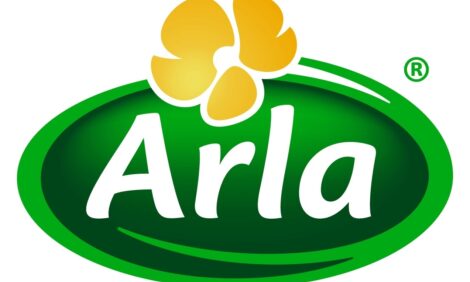



No Health Risk from Natural Hormones in Milk, Researchers Find
SLOVENIA - Female hormone oestrogen occurs naturally in cow's milk, with levels rising when a cow is pregnant, due to production in the placenta.Currently, cows are typically milked until 60 days before their expected calving, meaning milk from cows in their third trimester of pregnancy can contain up to 20 times more oestrogen than milk from cows that are not pregnant.
Recently, there has been concern that consuming milk containing elevated amounts of oestrogen could affect blood levels of the hormone in humans, leading to an increased risk of some cancers.
A new study published in the Journal of Dairy Science® investigated cow milk's effects on blood hormone levels in adult mice and found that naturally occurring levels, and even supplemented levels as high as 100 times the average, had no effect on the mice.
The study further determined that only when the mice were given 1,000 times more oestrogen than average did it have any impact on reproductive health.
"Our results suggest that oestrogens in milk, even when derived from cows in the third trimester of pregnancy, do not pose a risk to reproductive health," concluded co-author Dr Gregor Majdic from the University of Ljubljana in Slovenia. This is indicative that naturally occurring hormones in milk are found in far too low concentrations to exert any biological effect on consumers.
Investigators caution, however, that these tests were done on mature mice and more research is needed to examine the effect oestrogen from milk has on the development of the reproductive system before and during puberty.
TheCattleSite News Desk


